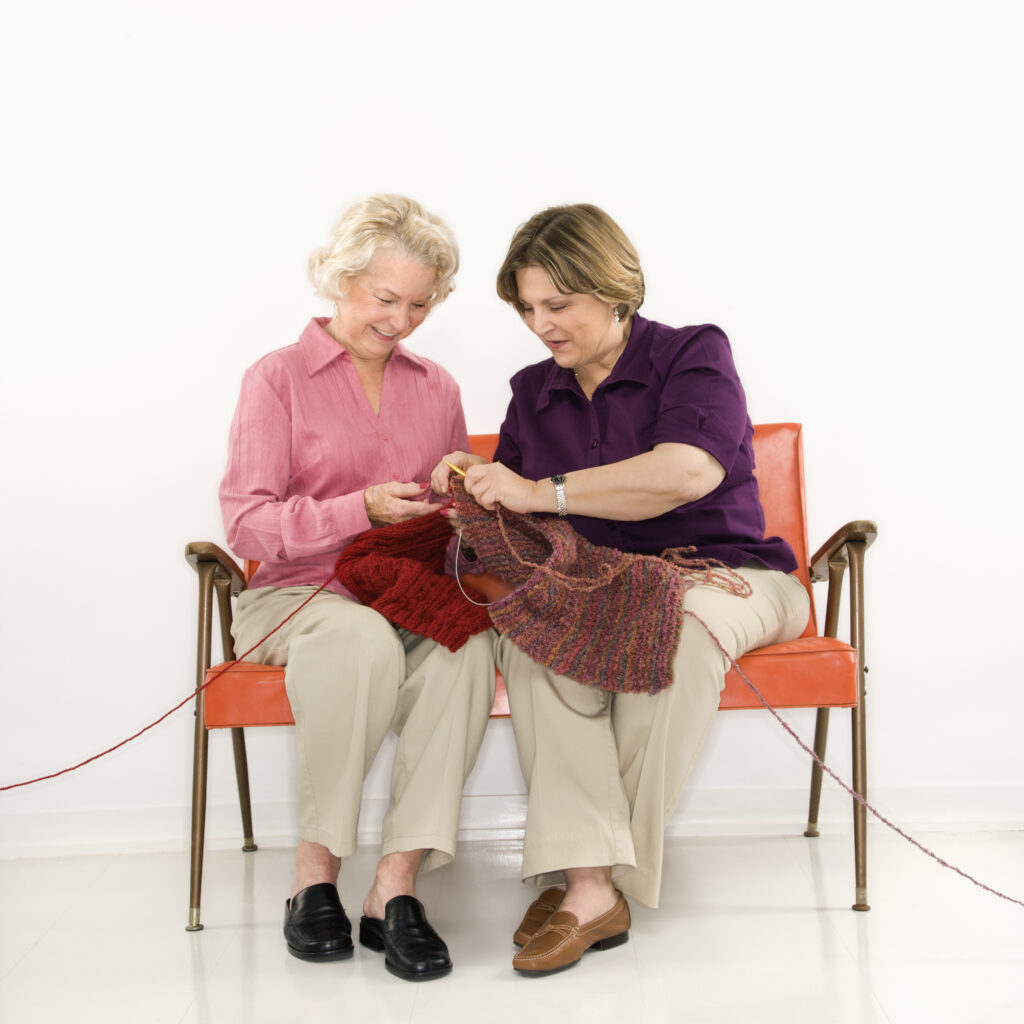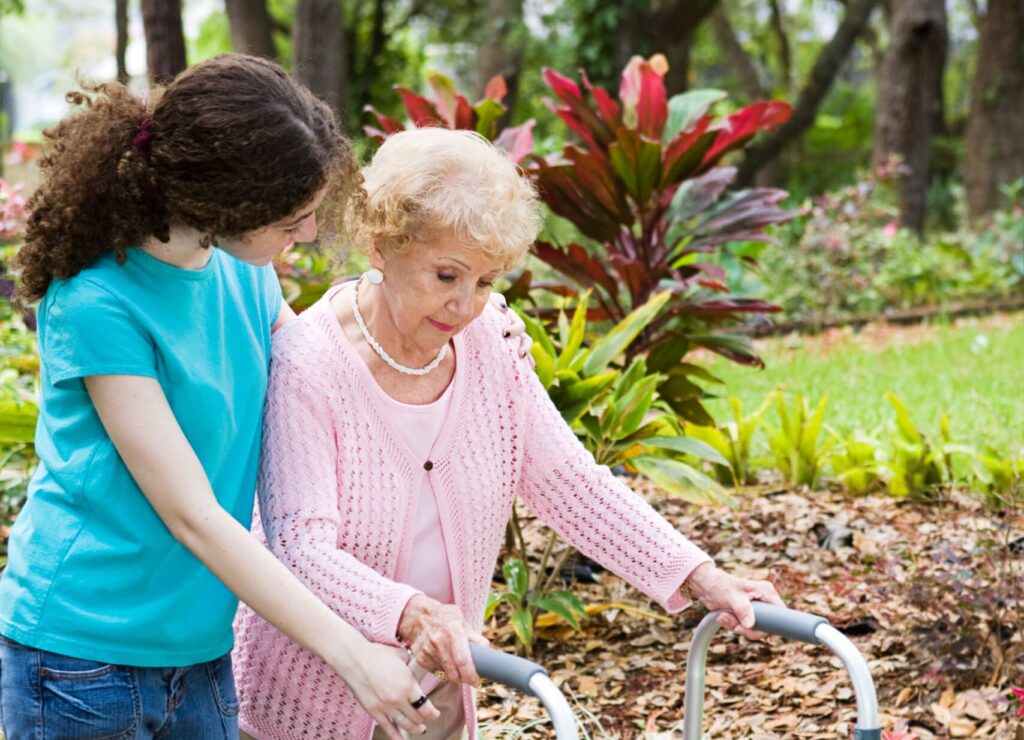Skin cancer is still cancer. Most do not classify it as “important” or even as “cancerous,” however, it is one of the most common cancers today. There are ways to prevent skin cancer such as wearing sunblock and reapplying it, say if you are spending the day at the beach. There are also routine dermatologist appointments, who are great with helping people maintain healthy skin; they have been known for identifying if a mole or a freckle is an early sign of skin cancer.
Our skin is one of the most fragile parts of the human body, so we must take care of it.
A-1 Home Care has a majority of senior patients who had or have skin cancer, therefore, our in-home caregivers understand the signs and ways that it can be maintained and treated, based on doctor’s consultation.
According to the website, Parentgiving, here are the most notorious types of skin cancers (“Better Health,” Parentgiving 2017):
- Senile Purpura– the purplish spots that appear most often on the arms and legs due to the thinness of the elder person’s skin and the frailty of the capillaries and blood vessels just below the surface.
- Stasis Dermatitis– is more common in elderly women than men; it is characterized by dry, itchy skin.
- Exfoliative Dermatitis– is a more severe form of dermatitis than stasis dermatitis and is characterized by excessive peeling and shedding of skin. It is of particular concern in the elderly because severe itching can lead to infections.
- Skin Infections / Infestations– bacterial infections and parasitic infestations such as scabies or ringworm are common in the elderly.
- Cancerous and noncancerous skin growths
- Viral skin disorders – such as shingles and herpes zoster.
The website also recommends ways to tend and care for skin cancer, however, what seems most important (and what should be a priority for everyone of any age) are ways to prevent it (“Better Health,” Parentgiving 2017)::
- Avoid hot baths and frequent showers.
- Use only mild soaps, and gently apply moisturizer to the skin after every shower or bath.
- Take extra care to avoid developing bedsores, particularly for those who are incontinent, or bedridden. These individuals need to be turned frequently to avoid pressure-sensitive ulcers. And it is imperative that absorbent products and catheters be changed frequently.
- Not smoke or quit smoking
- Never expose themselves to the sun without sunblock
- Keep properly hydrated by drinking more liquids
- Use a room humidifier during the winter and in dry climates
- Avoid hot and dry places, such as saunas
For more details on what our twenty-four, in-home care agency can offer, then do not hesitate to give us a call at 626-287-0250 or our headquarters at 562-929-8400. We cannot wait to assist you and find the right match for your loved one.





